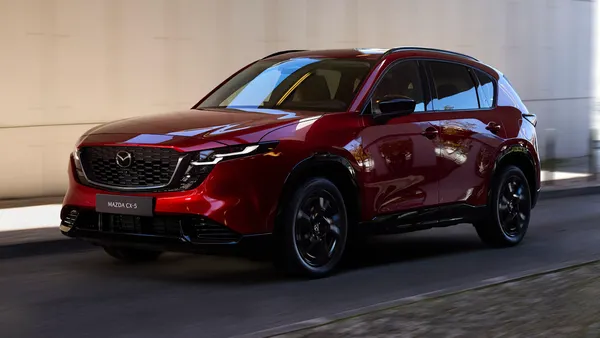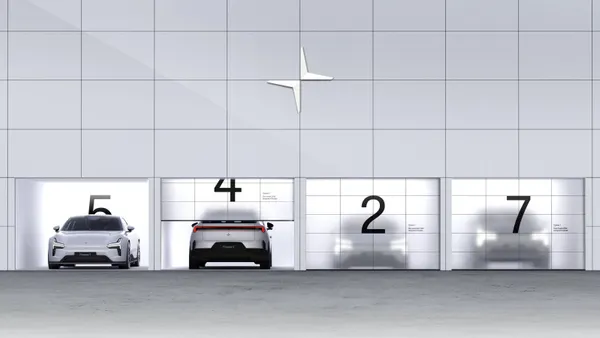Editor's note: This story is part of the WardsAuto digital archive, which may include content that was first published in print, or in different web layouts.
Underwriters Laboratories Inc., a product-safety testing service, has established new standards for testing ethanol dispensing equipment, a development that could help spur proliferation of E85 pumps across the nation.
“We’re moving ever closer,” says Mary Beth Stanek, director-Energy and Environmental Policy & Commercialization at GM Research and Development.
GM, which has sold roughly 3 million of the 7 million flex-fuel vehicles on the road today and intends to make 50% of its fleet FFVs by 2012 from 21% in ’08, considers E85 ethanol the most significant near-term solution to reducing U.S. dependence on foreign oil and trimming greenhouse-gas emissions.
According to Ward’s data, ’08 model-year vehicles equipped with E85-capable engine grew to a record 1.2 million units after contracting slightly in ’07. E85 is 85% ethanol and 15% gasoline.
But a lack of pumps across the nation has played a role in the slow uptake in E85 use. Of the 170,000 filling stations in the U.S. owned by oil companies, independent operators, fleet owners and big box retailers, just 2,081 carry an E85 pump. And 60% of those pumps are in the Midwest.
In short, drivers could choose E85 if they wanted, but they just can’t find it.
The UL standard sets new requirements for fuel dispensers based on research of blend concentrations and their effect on components. In addition to E85 equipment, the UL certification path also sets standards for blends up to 25% ethanol.
Traditional gasoline dispensers can handle fuel containing about 10% ethanol, and a push is on to increase the blend to 15% as Congress faces a mandate to pump 36 billion gallons of renewable fuels – mostly ethanol – by 2022.
Auto makers are wary because unlike their FFVs, fuel systems in older models can’t handle the corrosive nature of ethanol. Costly warranty issues could come into play.
However, E85 takes a big step forward with the new UL standards. The company decided in November 2006 to pull its certification of E85 pumps, which covered individual pieces of dispensing equipment but not the entire system. The group now has a rigorous set of testing procedures for the systems.
One more piece of equipment remains under scrutiny by UL – a liquid fuel hose from Veyance Technologies Inc.
The former engineered-products division of Goodyear Tire & Rubber Co. and now owned by private-equity firm The Carlyle Group, Veyance is the only maker of the hose and received financial backing for the UL testing from Growth Energy, a coalition of ethanol makers.
“If they pass, everything in the fuel passageway would have been tested for ethanol,” John Drengenberg, director-consumer safety at UL, tells Ward’s. “We are anxious to do our evaluations.”
Should final standards be released – UL does not comment on products undergoing testing, but Growth Energy expects the certification by next spring. It will alleviate a concern of many big-box retailers waiting on the sidelines unwilling to take on the risk of installing pumps without UL certification.
Establishing a new standard for E85 dispensers has been a slow process. But UL cannot test a piece of hardware until it is submitted by a manufacturer. And with tepid consumer demand for the fuel, manufacturers are reluctant make a product that may not have a customer.
“(Certification) can’t do it on its own, but the lack of it definitely has prevented natural expansion,” Stanek says. “We need to get the big (box) players in the game. But a lot of it will boil down to the price of E85. With gasoline at $2.50 a gallon, it’s tough for E85 to compete.”
The American Automobile Club says the current average price for a gallon of regular-grade gasoline is $2.48, while E85 averages $2.02. However, it notes that adjusting for the energy difference between the two fuels, E85 actually costs $2.67 a gallon.









